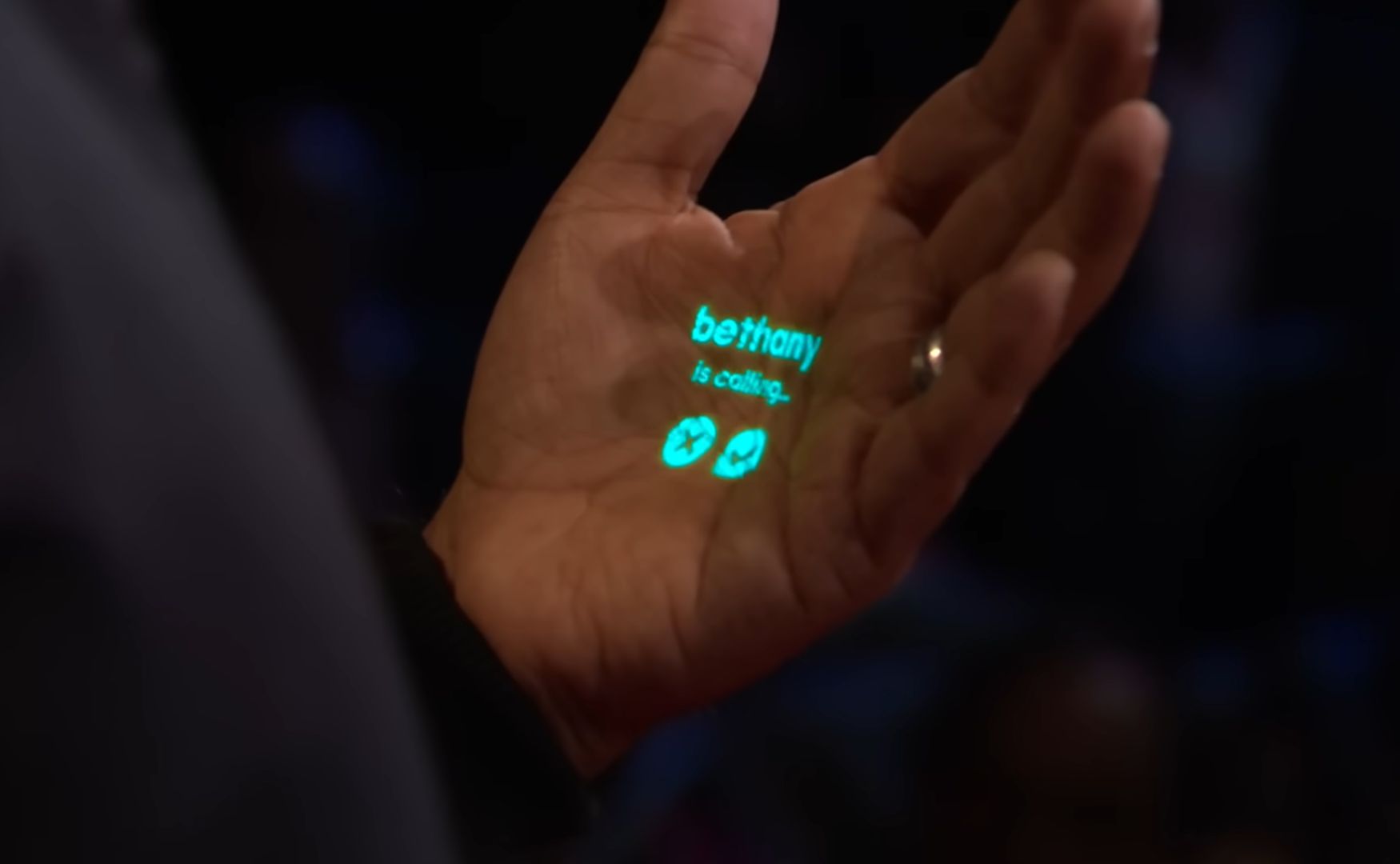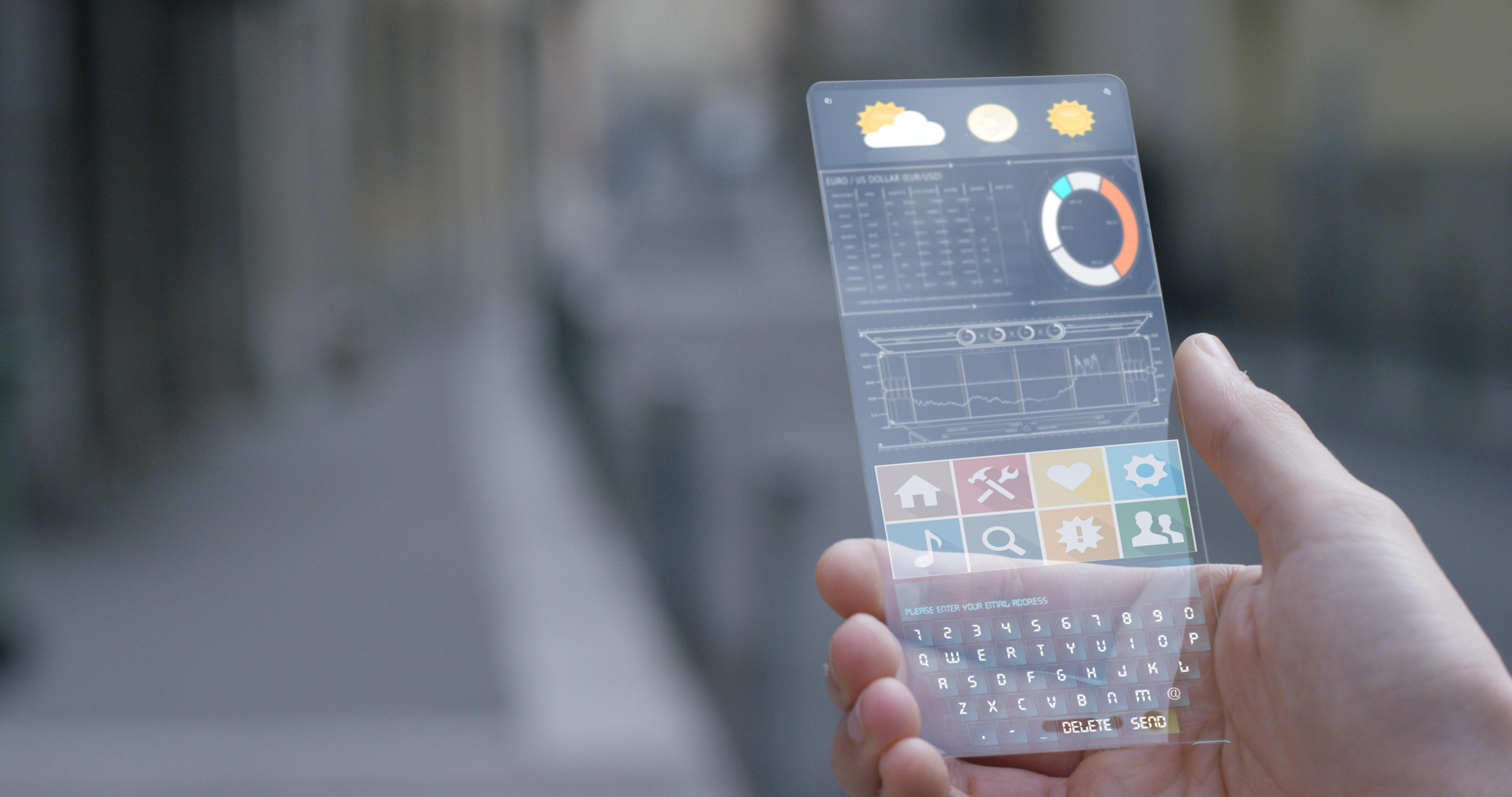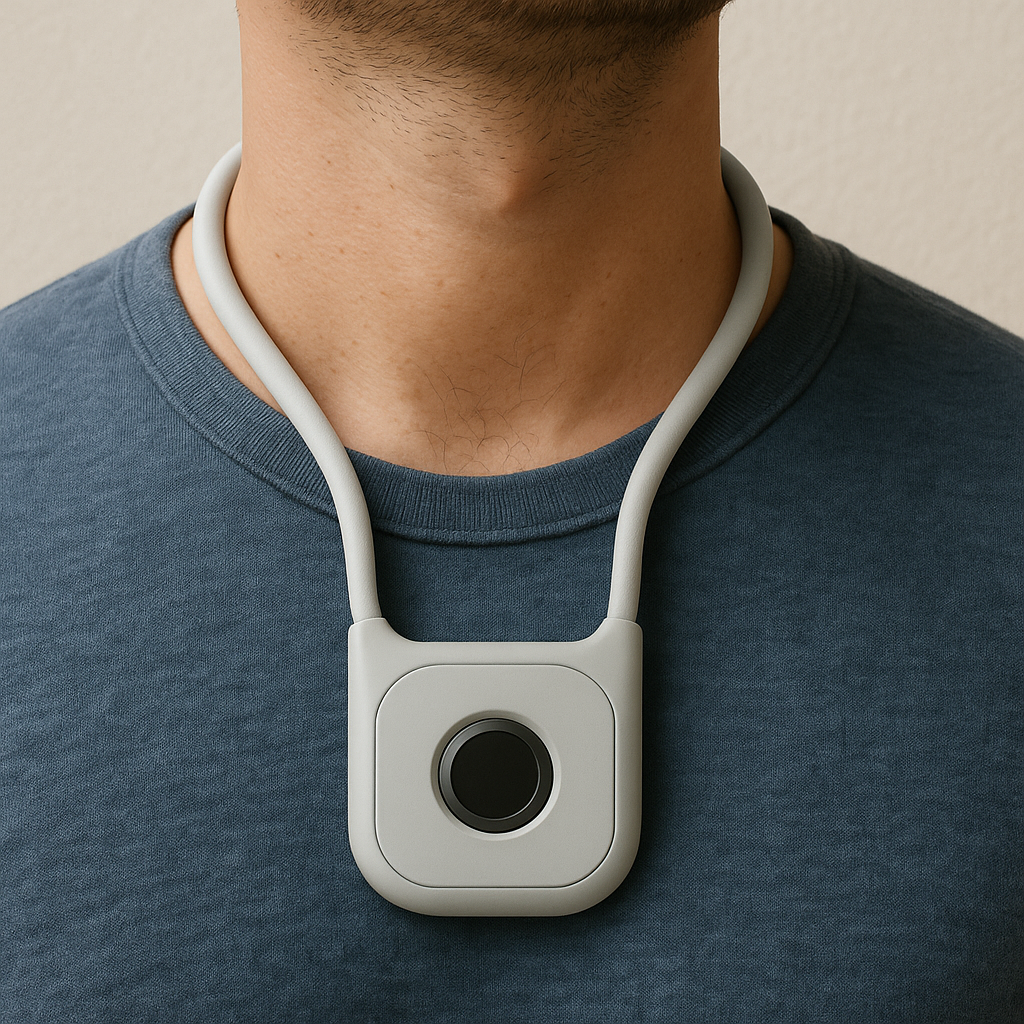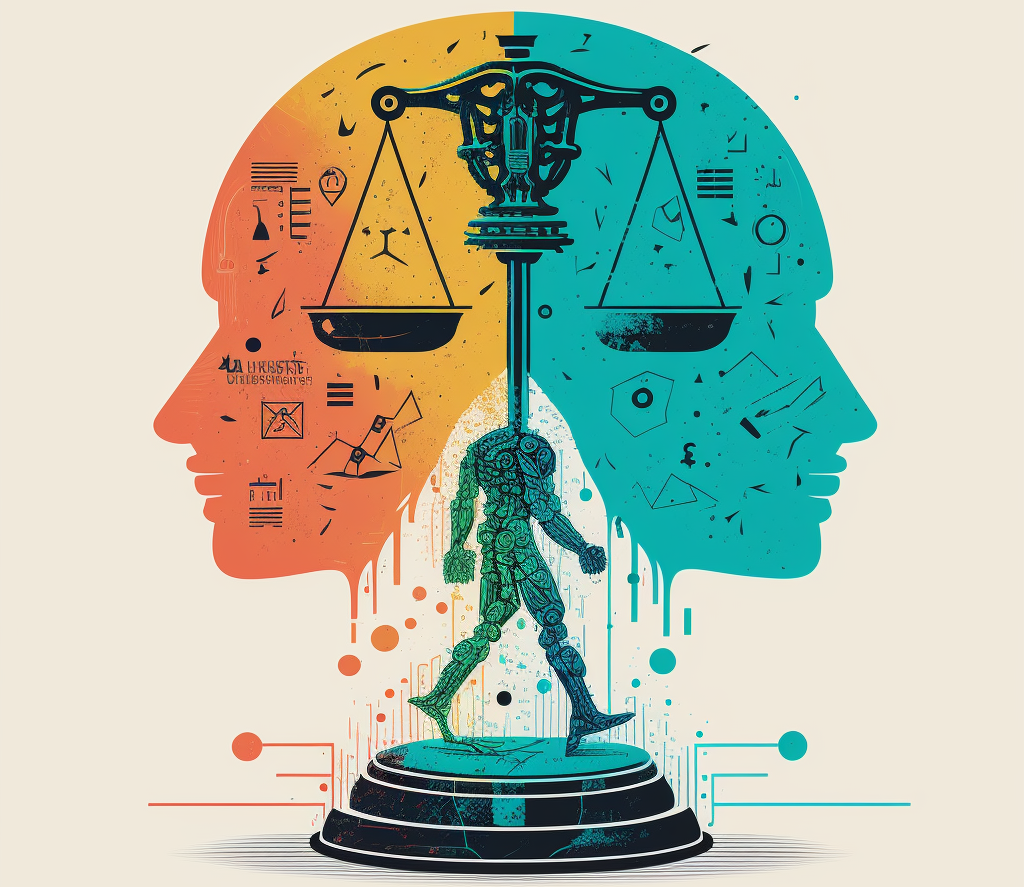From Buttons to the Invisible Future
There was a time when phones had buttons, lots of buttons. Numbers, symbols, arrows. We all knew how to use them, and nobody imagined anything different. Until Jony Ive arrived…
Yes, the same British designer who created the iMac, iPod, iPhone… and forever changed our relationship with technology. He, together with Steve Jobs, eliminated buttons and taught us that a flat surface could be all we needed to communicate, play, work, or live. It seemed like science fiction, and now it’s normal.
Today, Jony Ive is on another mission. One that sounds just as crazy… but maybe inevitable.
And this is where my mind starts to wander.

🧠 The New Era: What If the Next Device… Has No Screen at All?
In 2024, Jony Ive joined Sam Altman, CEO of OpenAI, to create a new kind of hardware. Not a phone, not glasses, not a smartwatch. Something different.
OpenAI bought the startup “io” (founded by Ive and former Apple engineers) for over 6 billion dollars to develop a screenless, pocket-sized, voice-controlled, context-aware device.
According to recent interviews, this device will be designed to always be with you, understand what you do, what you say, and help you even before you ask. It’s not a gadget, it’s an artificial intelligence companion.
What Would It Be Like to Live With One of These Devices?
I don’t know exactly. But I imagine something like this:
— GPT, I’m arriving home, heat up the food, put the series I’m watching on the dining room TV, and open the coldest beer in the fridge.
— GPT, what meetings do I have tomorrow? I can’t attend them. Send an email to postpone them.
— GPT, write a message to the night shift team we have today with client X. Tell them to check the dashboards, and before starting, I need you to show me the status of all critical services yourself. Prepare the runbook, with each implementation step well detailed. Have everything ready to execute automatically what can be done, and during the change, monitor the systems in real time. If something goes off track, notify me immediately. And keep a record of everything in case we need to roll back.
— GPT, find me tickets for a rave in Amsterdam, hard techno, tonight if possible.



The Privacy Dilemma
Will it always be listening? Watching? Knowing everything? That’s the big dilemma. For this assistant to be truly useful, it needs to understand your context. What you do, where you are, who you’re with, how you feel. The same as a friend living with you… but in digital form.
It’s a fine line. How far are we willing to sacrifice privacy for convenience? And what if artificial intelligence starts to know more about us than we do ourselves?
Are We Ready for What’s Coming?
Jony Ive and OpenAI haven’t revealed all the details. But if anyone can reinvent how we relate to technology, it’s this duo. They’ve done it before.
The question isn’t whether this device will replace the smartphone. The question is:
Do we want it to replace it?
Are we ready to live in a world where technology becomes invisible, but more present than ever? Where access to information and action is just a phrase away?
I know it will take time for it to be just as I imagine. But sooner or later—if we don’t destroy ourselves as humanity first—it will arrive.
And when that happens, we’ll have to understand the consequences.
Because there will also be a side B. People who won’t want to live these changes. And that’s their right. But as has been seen many times in history, if you don’t adapt to changes… you end up left behind.
It will be interesting to see how all this unfolds.

The Big Moral Question
How do we know that the rich and powerful won’t use all these systems to manipulate us with one AI on top of another AI?
Many open questions. But to be honest: I’m much more afraid of humans… than of artificial intelligence.
Final Reflection
Technology doesn’t stop. And this time, it’s not about a bigger screen or a sharper camera. It’s about redefining the way we interact with the world, and with ourselves.
Like every revolution, it will bring incredible benefits… and risks that are hard to anticipate. That’s why we need to participate actively in this conversation, not just as users, but as citizens, professionals, parents, leaders.
In the end, the biggest challenge won’t be technical. It will be human.
So, what now?
- What would you do if an AI could organize your day, make decisions for you, and help you live better… but at the cost of knowing your every move?
- This isn’t science fiction. It’s already happening. What you decide today will influence how you adapt tomorrow.
- If you’re interested in exploring these kinds of topics, I’m sharing more reflections and updates at 👉 www.viamindconsulting.com
✍️ Claudio from ViaMind “Dare to imagine, create, and transform.”
Recommended links on similar and fascinating topics:
Before you go, here are some articles and resources I recommend if you want to learn more about the future of technology and AI:
- The Humane AI Pin never had a chance (The Verge)
A critical look at the rise and fall of the Humane AI Pin, and what it means for the future of wearable AI. - Humane hopes to build the go-to AI wearable (The Future Party)
How Apple veterans and OpenAI are trying to create a new era of screenless, voice-first devices. - Humane AI Pin review: not even close (The Verge)
A hands-on review of the AI Pin and why the dream of a screenless assistant is still far from reality. - OpenAI and Jony Ive Are Building a New AI Device: Here’s What We Know So Far (9meters)
The latest on the collaboration between OpenAI and Jony Ive to create a revolutionary AI-powered device. - The Humane AI Pin apparently runs GPT-4 and flashes a ‘Trust Light’ when it’s recording (The Verge)
Details on privacy, design, and the ambitions behind the Humane AI Pin. - Seamless Integration: The Evolution, Design, and Future Impact of Wearable Technology (arXiv, 2025)
If you have other recommendations or want to discuss any of these topics, let me know! I love connecting with curious minds.
